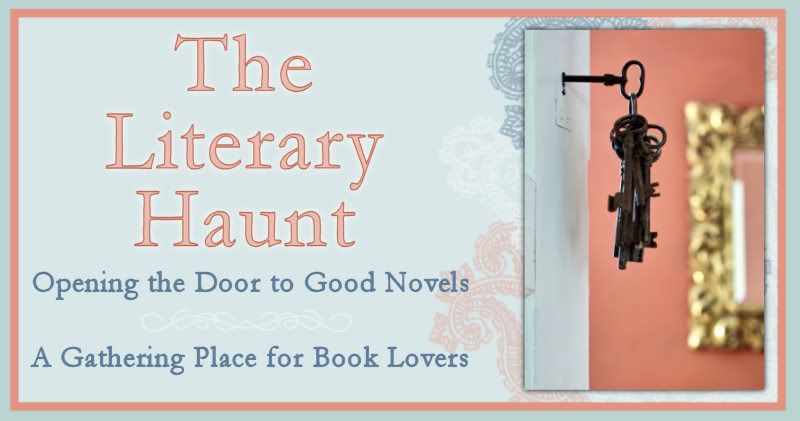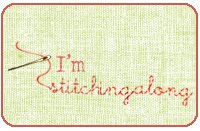 . . . I'm sharing part of an e-mail I sent someone this week, as I thought it'd make an interesting post. The recipient had sought my advice on finding a mentor, or help to take their writing skill to the next level.
. . . I'm sharing part of an e-mail I sent someone this week, as I thought it'd make an interesting post. The recipient had sought my advice on finding a mentor, or help to take their writing skill to the next level. I’ve been considering your e-mail over the last few days. I sensed your frustration but also your resolve. I propose the following:
1.) You need critiques. Having others consistently point out weaknesses in your writing will help you start to see for yourself how to improve. I know many writers feel that critiquing is harmful and with good reason. It’s like chemotherapy—being in a critique group will destroy some of the good writing along with the bad writing—not everyone should be giving advice, not everyone can be pleased, and many critique groups rob writers of their voices. However, you will grow. You will learn how to apply the rules. And later, when your writing is “cancer-free” you can rebuild on a more solid foundation.
2.) You must critique others. This is the real reason why you should belong to a critique group. Nothing will advance your writing faster, teach you to see what a reader sees, and improve the clarity of your writing than to sit down and struggle without someone else’s. I know it sound strange, but this is where you’ll start to wrestle with the art of writing, and you’ll finally understand the concepts you’ve previously struggled with. It will also bless someone.
3.) While you work with a critique group, you should be reading and applying the lessons taught in these books:
a. Self Editing for the Fiction Writer by Browne and King.
b. Sol Stein on Writing, by Sol Stein
c. The First Five Pages, by Noah Lukeman
d. On Writing Well, by Zinsser
When you read about “Internal Monologue” apply it to your writing and spend time looking over one of your critique partner works so you can apply it to their writing. When you read about “Show and Tell”—work at it in your own writing, but know you’ll probably grasp the concept best when critiquing someone else’s work.
If you’ve already read these books, pull them off the shelf, dust them off, and start again, this time with a critique group.
4.) Go on a Reading Diet. The market is tough. You’re a brand new writer. I’m guessing you don’t have a huge platform built yet. “Good Enough” or “As Good As” isn’t going to cut it. If you continually read books that seem at an unreachable level, you will continually stretch yourself. Set your bar high.
In your genre, (for a time) limit yourself to:
a. New York Time bestsellers.
b. Booker Winners
c. Caldecott Medal Winners
d. National Book Award Winners
e. National Book Critic Circle Awards
f. Newbery Medal Winners
g. Nobel Prize for Literature Winners
h. Pen/Faulkner Awards
i. Pulitzer Prize Winners
j. Quill Winners
k. EMMA Winners
l. Rita Award Winners
m. Christy Award Winners
n. (Novel Journey’s Arete Award Winners—wink, wink)
You get the idea. It’s also a good idea to read the best available while undergoing the refinement a critique group brings. You’ll see the masters disregard the rules, and be reminded how fluid writing can be as you master your skills.
This is not a fast track to publication, but who cares. Let becoming a better writer be what drives you—not the hoped for end result, publication. There’s more satisfaction this way and less frustration.
Finding a good critique group isn’t easy. Remember, iron sharpens iron—not just corrects your punctuation. Keep searching until you find a group that’s dedicated to the craft and willing to dig in with you. Chances are, you’ll need to start with people at your level and grow together.
_________________________________________________ On a personal note, Ane Mulligan will be teaching about critique groups at the Blue Ridge Mountain Christian Writer's Conference in May. I encourage anyone interested in critique groups to take it.
On a personal note, Ane Mulligan will be teaching about critique groups at the Blue Ridge Mountain Christian Writer's Conference in May. I encourage anyone interested in critique groups to take it.
Critiques of Consequence (Workshop)--A common misconception about critique groups is they strip away your individual style and voice. But that can be circumvented if you know how. This workshop offers advice on how to find critique partners, work with different genres, and how to blend your unique strengths and weaknesses to form a top-notch group. The founding members of Novel Journey and Penwrights, a critique group who has overseen several members become agented and published, will discuss the attitude necessary to give and receive critiques, how to be tough on each other and dig deep, while remaining encouraging.









